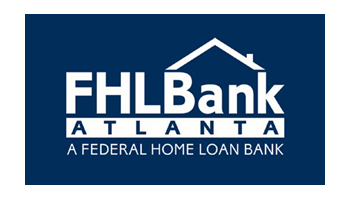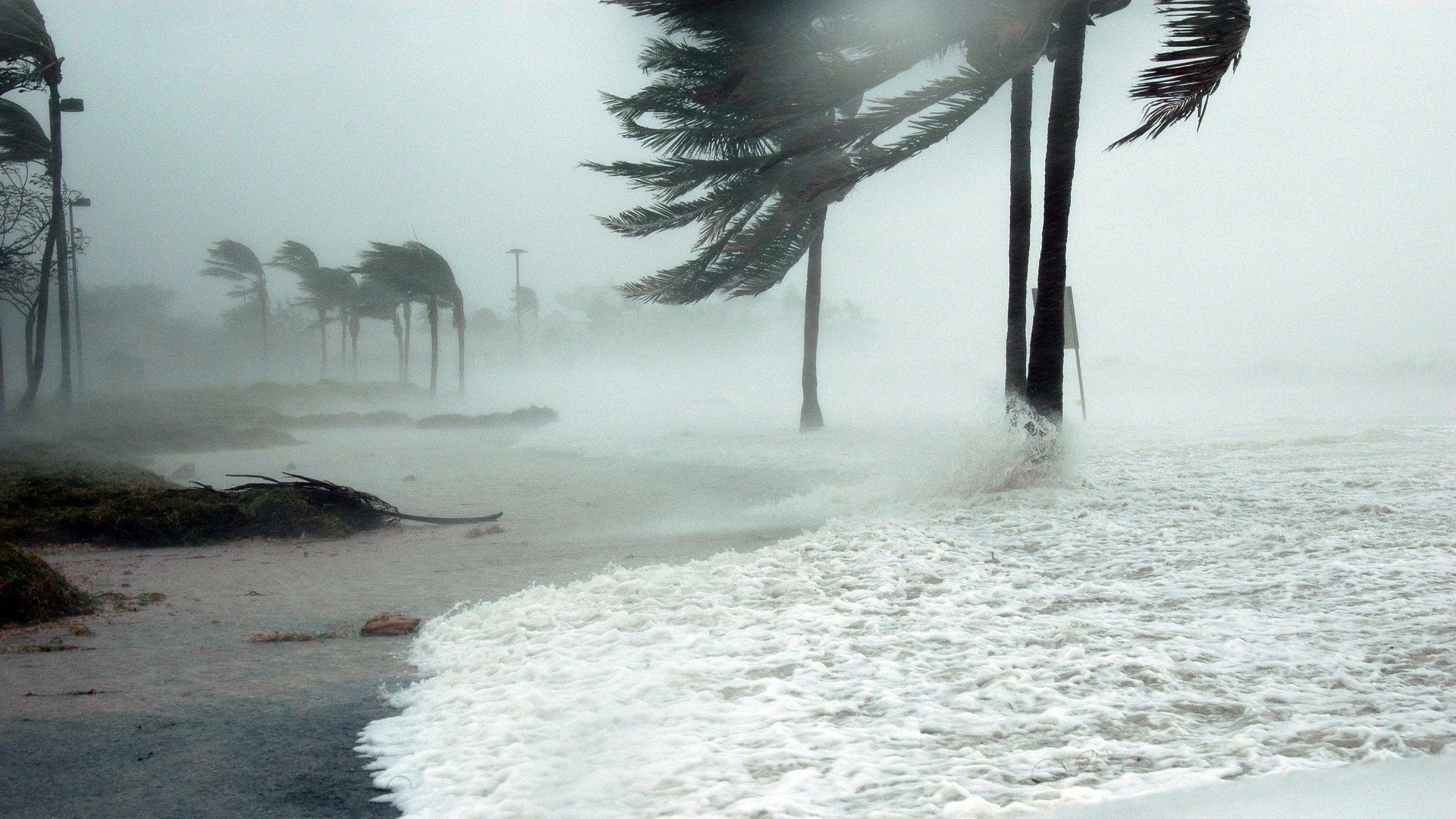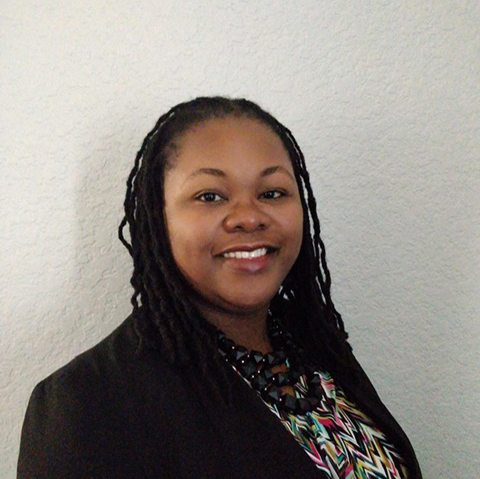Did you know that 90% of the world’s millionaires built their wealth by investing in real estate?1 Real estate is also a gateway to generational wealth when families leave assets to their heirs. However, in some cases the deceased does not have a will or defined heirs for their property. Not having a will complicates the transfer of ownership after a death. This is especially problematic when the heir lives in the property but can’t legally assume ownership.
How Owning a Home Builds Wealth
Owning a home versus renting takes your monthly housing payment and turns it into equity. This means when you buy a home and pay your mortgage, part of the monthly payment goes to interest and taxes while the other part goes to your loan balance. As you pay down your loan balance you build equity.
Equity is the value of your home minus the amount owed. The equity of your home is part of your total net worth. When families keep a home across generations, the value of the home increases. Plus, in many cases the home no longer has a mortgage. The owner of the home must only cover the property taxes and upkeep. Over time wealth builds, leading to generational wealth.
Losing a Family Home Creates Barriers to Wealth
Not every person who owns property has knowledge about probate law or the resources to secure their real estate for future generations. In some cases, a property may pass from family member to family member for decades without filing the required legal documentation to officially transfer ownership. Losing the family home means a devastating loss of potential generational wealth.
Not only does losing the family home mean a loss of generational wealth, but for the individuals living in the home, it leads to new and unexpected expenses.
What is Heirs’ Property?
If an owner doesn’t have a will or defined heir, the property may become heirs’ property. Instead of transferring to an individual, the property transfers to anyone who may claim rights as an heir.
If the owner dies without a will, the state decides who inherits the land. Over time distant relatives could become co-owners of the same property. Vague guidelines for property ownership can lead to loss of the property if heirs sell their ownership to an entity that becomes a majority owner. Unpaid property taxes also complicate ownership after a death, which may lead to the loss of family property.
Denial of FEMA Aid
The law requires FEMA to ensure proof of ownership before distributing assistance for damage. In Florida, it is essential to have access to FEMA aid after hurricanes or other property destroying disasters. Following the most recent devastating hurricanes like Irma and Michael, many family homes were unable to get the repairs or reimbursement they needed because the occupants did not have a title to show proof of ownership.
In fact, even without FEMA assistance, filing for a permit for repairs requires proof of ownership. Access to the title and legal ownership are vital in instances that require tenants to repair and maintain the property.
Home Sweet Home Program Assistance
Three Rivers Legal Services (TRLS) offers the Home Sweet Home program to help resolve heirs’ property disputes. The program seeks out communities where this is a problem to help obtain rightful ownership to property. We assist homeowners through the probate process so that title is properly transferred to the rightful heirs. These heirs can then apply for benefits to obtain necessary assistance to make needed repairs to the home.
In addition, we help homeowners avoid these issues by providing education and access to resources, like preparing wills and deeds.
Contact TRLS to discuss your options and request assistance through the Home Sweet Home program.
Sources:
- The College Investor, “90% of the World’s Millionaires Do This to Create Wealth.” 2017.


